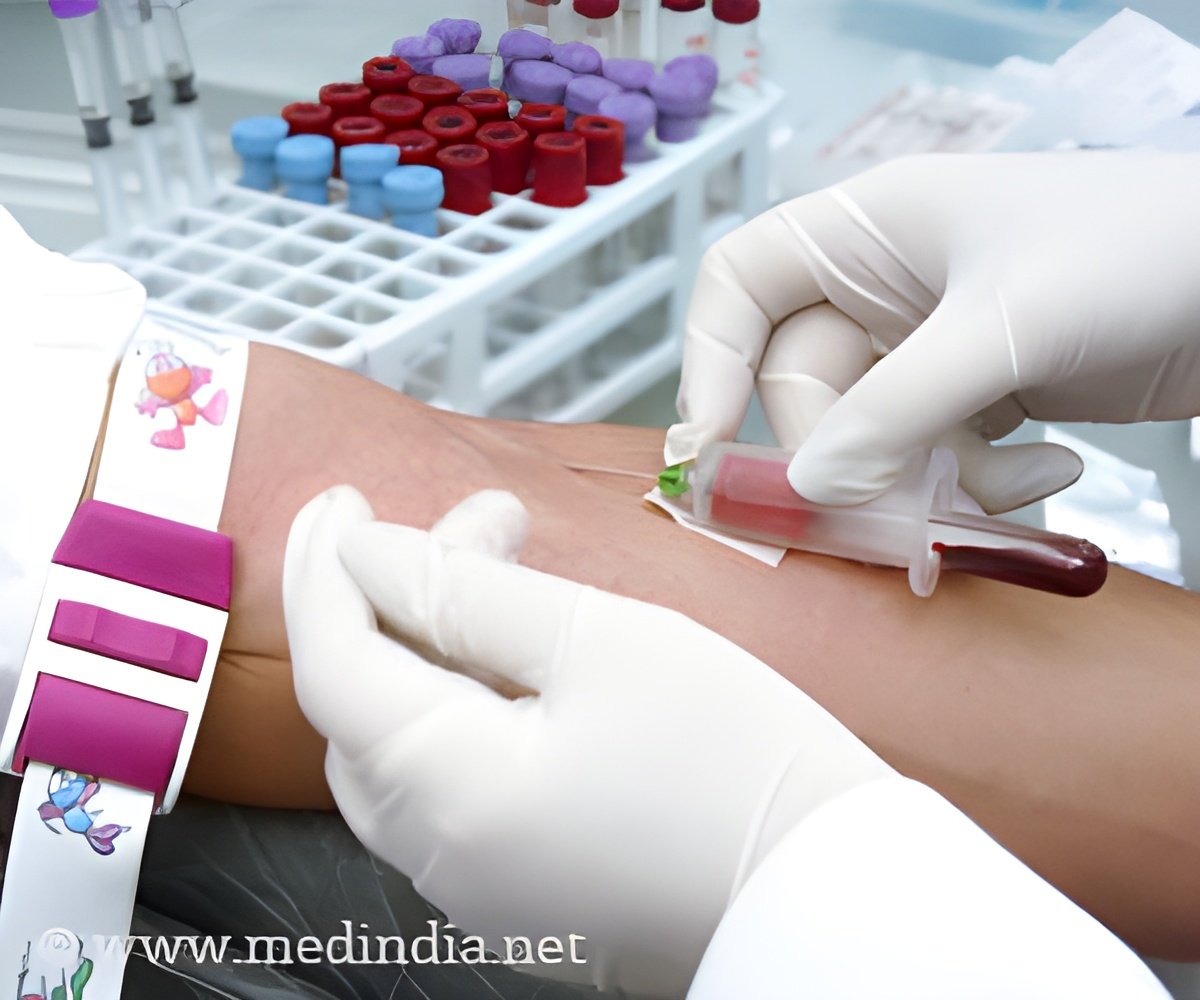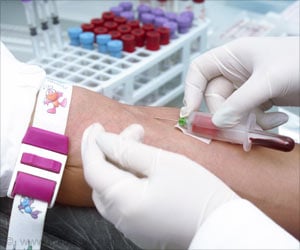A simple blood test, which is used to measure the risk of developing heart disease may predict the risk for having a second stroke as well.
Stroke or a ‘brain attack’ as it is often called, occurs
due to sudden interruption of blood flow to the brain. It can happen to anyone at any time and is a medical emergency. Ischemic strokes are reportedly responsible for about 85% of all
stroke cases. Scientists say that a common blood test which has been used till date to assess the risk of
coronary heart disease in patients could now also be used to predict the risk for developing a second ischemic stroke. Results of the study have been published online in the journal
Neurology.
C-reactive protein (CRP) is an enzyme which is produced by the liver in response to inflammation, thus a high level of CRP indicates an inflammatory process occurring in the body. Measurement of this enzyme in blood has been used to evaluate the risk of developing
kidney failure,
pancreatitis and even coronary artery disease or heart disease.
One of the researchers Stephen Williams from Department of
Neurology and the Center for Public Health in University of Virginia School of Medicine, is of the opinion that a patient who already has had a stroke in the past is at a very high risk to have another stroke.
He further stated, "So it's really important to be
able to try and target those individuals who are at the highest risk for the thing that very well may kill them."
A CRP test is relatively inexpensive which primarily needs
only a blood sample and can be done along with other routine blood work. There is no need of any biopsy of any sort to measure the levels of CRP.
To better understand the role of CRP in ischemic stroke,
Williams and his colleagues also studied how genes affect the levels of CRP in our blood. Williams was of the opinion that there is a "shared genetic susceptibility" for enhanced C-reactive protein and also for a greater susceptibility to stroke.
The team of scientists was able to estimate the hazard
ratio i.e., the increased risk for having a second stroke based on the genetic
profile of the patient.
Advertisement
The authors concluded that elevated CRP levels could be a
marker increased risk of stroke. They were also able to identify the gene
variations that predisposed a person to those risks.
References:
- https://news.virginia.edu/content/common-blood-test-could-predict-risk-second-stroke
-
http://www.hngn.com/articles/184463/20160304/second-stroke-avoided-common-blood-test-predict-risk.htm
Source-Medindia















